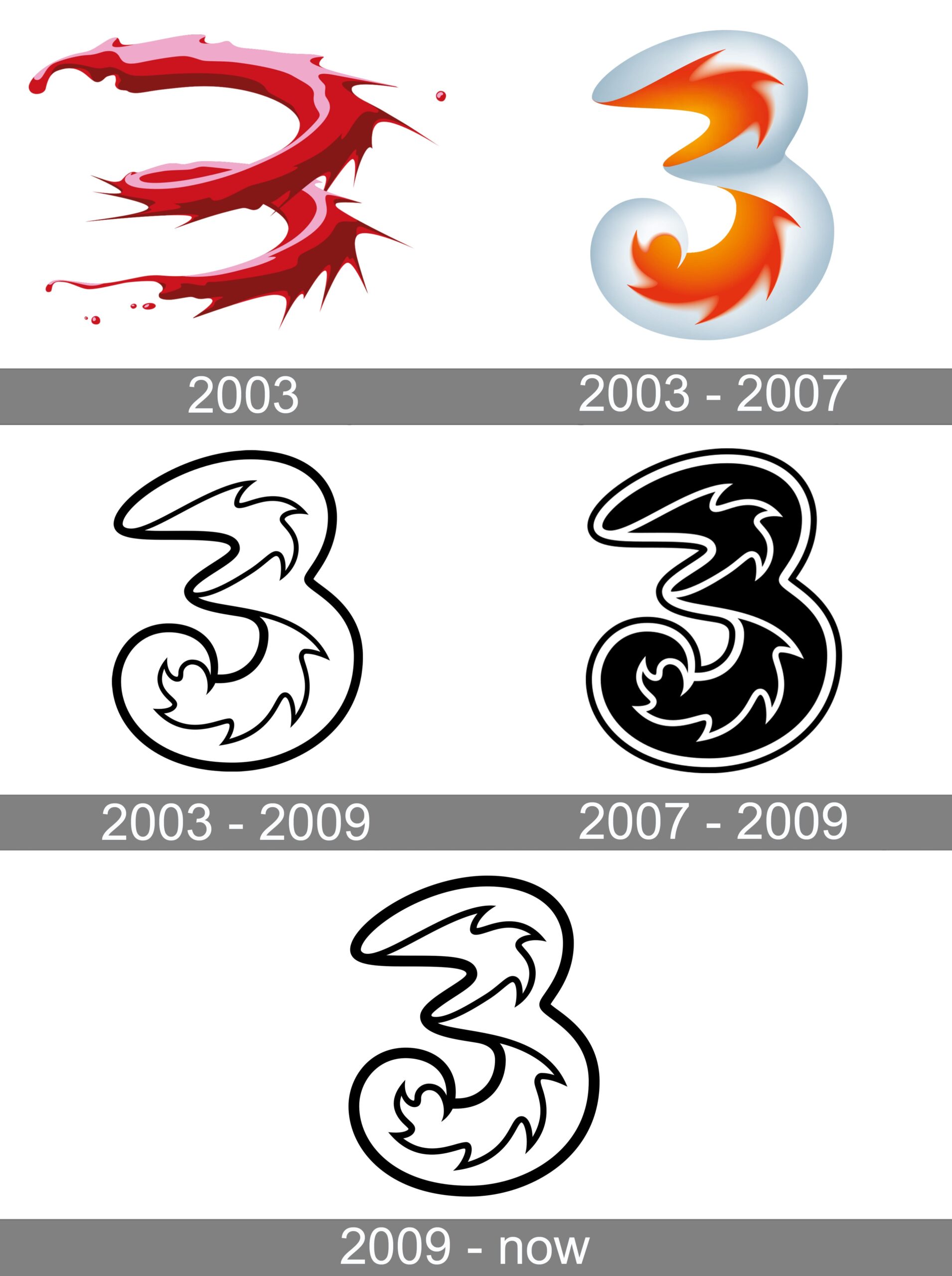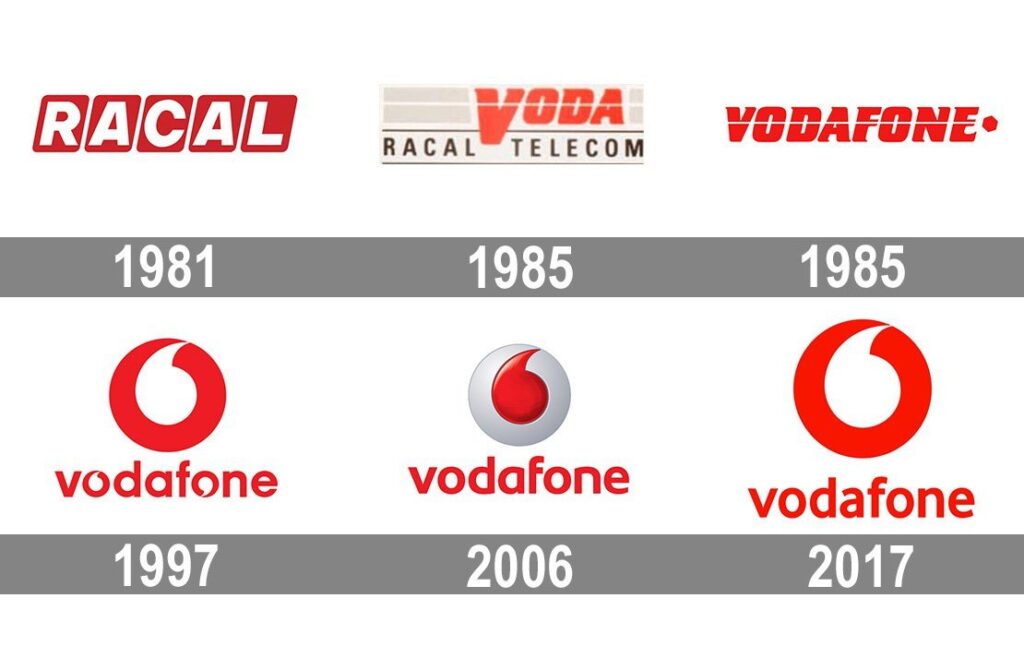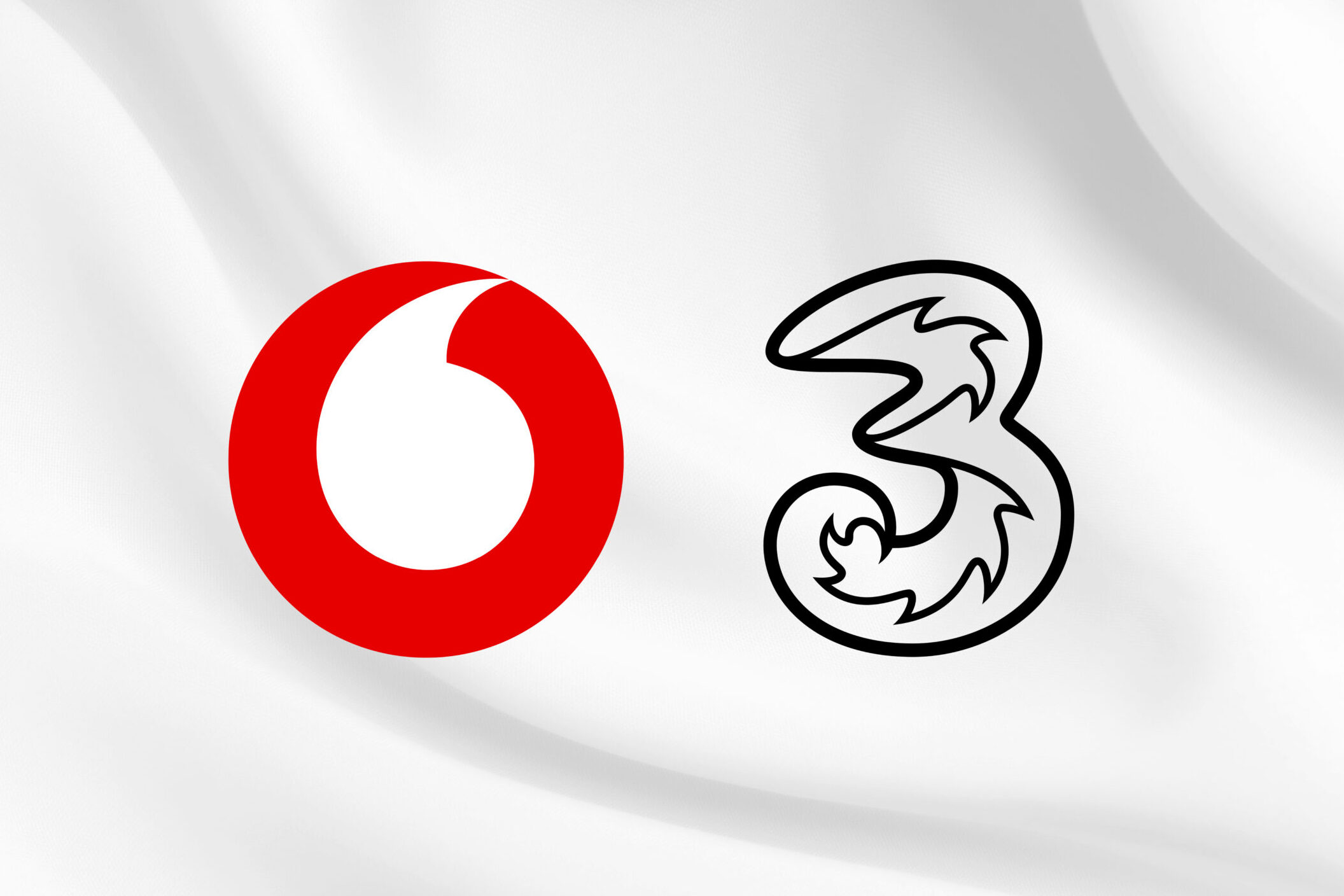A few years ago, I feel that I was writing the same article about O2 and Virgin Media merging. Yet here we are, 3 years later and it’s happening again, although on a much bigger scale.
Three and Vodafone have been rather different in the UK when it comes down to being a mobile network. Three focus on making their deals as cheap as possible, but with some caveats (more on that later), and Vodafone are more known for being more pricy, reliable, but sometimes not a great deal for your bank account.
Three have a long running reputation in the UK for being rather poor at reception, but giving a great deal in the process. This means it has become quite popular with people who are looking to save quite a few pounds on their contract, but in turn it has earned the “Worst Performer” title when it comes to customer satisfaction. Three have been active in the UK for a good while, previously known as “Three Hutchison” and have worked with majority of smartphone providers to have their phones branded as such.

Vodafone on the other hand, has always had the upper hand. Vodafone was the network that literally invented the UK mobile network system, with the first phone call in 1985 being made with their network. Vodafone have set the playing field from day one when it comes down to how mobile networks operate in the UK, and know their market very well. Their prices may be higher, but on the same survey that marked Three as the worst, they marked Vodafone as second to last. So a higher price doesn’t always mean better quality.

So why would the two bottom performers in that lineup join up?
One answer – Monopolosation.
Vodafone, being the larger of the two networks, could potentially be sensing danger ahead. With the O2/Virgin merger being finalized and O2 shooting up the ranks, it was always going to end in a battle between BT/EE and Vodafone who would take on the final straggler in the UK mobile network scene. If EE were to take on Three, it could have spelled out “game over” for Vodafone, making them the least favourable network to be with, and no one to help them out.
It seems that merging with a network, is just the “in thing” to do at the moment. With BT taking on EE, O2 taking on Virgin Media, it was only a matter of time before the last two got together.
So what will that bring to the table for existing customers?
Nothing as of just yet. Both networks have stated that they will still be working independently and trading under their own respective names until the merger is finally complete. Three themselves have been rather tight-lipped about this ordeal, leaving most of the public facing knowledge up to Vodafone to publish and announce rather than making it a team effort.
The deal may actually bring a price rise (predicted by Yahoo Finance) and lower quality standards (this is beginning to sound like a limbo game…how low can you go?). This would be due to a relief in competition and market pressures, which would allow them to bring prices up higher than what they currently are, and not look too out of place as the other paired up networks would happily follow suit.
One thing I do hope it brings, is a push for E-Sims. Not just for this merger, but for all networks. The O2 and Virgin merger sounded great on paper for customers and for the market but customers are seemingly left in the dust when it came to communication. With O2 taking priority (pardon the pun) in the merger, customers were swapped to the O2 network, with only those on contract being told this. If you were a PAYG customer on Virgin Mobile, you would wake up one day to your phone not having service and have no clue what had happened. As a phone technician, who deals with the public daily, I can say first hand that this is the most infuriating thing to see. Older generations have no idea what a SIM card is, and I then have to explain to them that a piece of plastic in their phone that is essential to it working has been remotely deactivated and that they need to go to an O2 store for a new one. They haven’t a clue. Making matters worse when they have an older phone that was network locked to their now defunct Virgin Mobile SIM, with no way now to unlock it.
Making E-Sims mandatory, with the option of a physical SIM card still being there (looking at you USA with your missing SIM slots, ew), would solve these issues outright. I however do not wish to see what Australia did happen in the UK, with a tonne of perfectly working phones being blacklisted due to them being considered too old to be on their network, sending LITERAL TONNES OF DEVICES to e-waste.

No responses yet